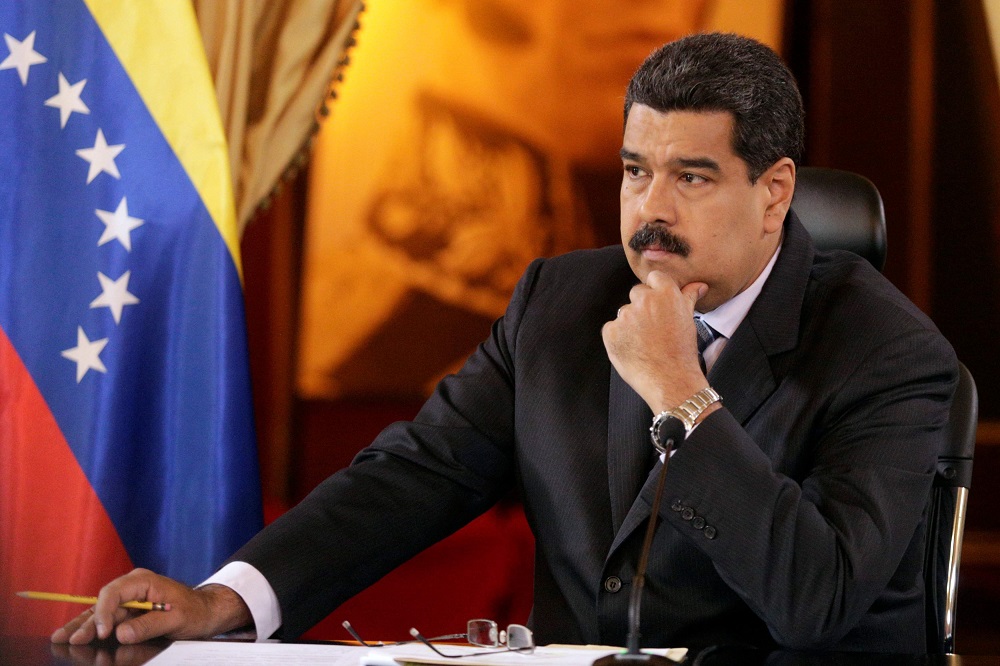Cairo – Venezuela has the biggest oil reserve in the world. Since 2013, it has raised the minimum wage around 15 times, the last of which was last Sunday. The country is suffering from a very bad economic situation and is drowning in poverty more and more every day at a time when many oil-producing countries have adopted economic reforms to stop their dependency on oil as a top source of their revenues.
The inflation rate in Venezuela has exceeded 700 percent and is expected to surge to 2,000 percent in 2018, accompanied with a shortage of food, medicine and consumer goods, which will eliminate the effects of the raise in minimum wage.
The last raise was endorsed by the President Nicolás Maduro last week in an attempt to calm the growing protests calling for his resignation. Maduro decided to raise wages by 60 percent, the 15th time he has done so since being elected president in 2013.
The drop in oil prices led the economy in Venezuela, which imports almost all its consumer goods, to collapse. This collapse was followed by painful governmental procedures that killed the investment climate.
In its latest measure, the government decided to nationalize an American company that suspended its work due to the current situation. It also seized the US General Motors automaker and many international companies in the country have suspended their operations until further notice.
Venezuela has become unable to cover its expenses. The political war between the government and the opposition, calling Maduro to resign, caused 80 percent of raw materials to disappear from the markets.
Beside its oil wealth, Venezuela has enormous reserves of minerals, including gold, diamonds, copper and iron. The president sought to benefit from this wealth as part of his attempts to avoid the economic crisis.
He recently inked mines investments agreements with eight companies, including the “Canadian Gold Reserve”, while the country’s economy collapses with the drop of oil prices.
Up until 2014, Venezuela ranked third in the world in terms of gold reserves, at 367 tons, which has now dropped to only 170.
According to Roberto Mirabal, minister of the People’s Power for Ecological Mining Development, the contract inked with the Canadian company covers investments of gold and copper as part of the 27-year Las Brisas Gold Mining project, which is expected to generate profits worth $14 billion. With those new contracts, the Venezuelan government will bag 55 percent of the revenues, along with taxes and fees.
The Speaker of Venezuela’s National Assembly, Julio Borges recently dispatched correspondences to many international banks, asking them not to buy gold from Maduro.
The signing of those contracts came while Venezuela is enduring a sharp recession triggered by the drop in oil prices. The current crisis leaves around 2.5 oil barrels in the unknown due to the high risk of the dangers of halting production and the severity of the economic crisis.
Venezuela’s debts have duplicated and the government – the beneficiary of governmental bonds – has been called to pay around $3 billion in April.
Venezuela owns the biggest oil preserve in the world (over 300 barrels). Its production gradually declined from 3.22 million to 2.5 barrels per day in 2016, while it currently produces around two million barrels daily.
The political crisis has heavily affected the economic situation in the country. Imports sharply dropped, which led to a shortage of food, beverages and medicine. This fueled the opposition’s anger against Maduro, who saw his popularity drop dramatically.
